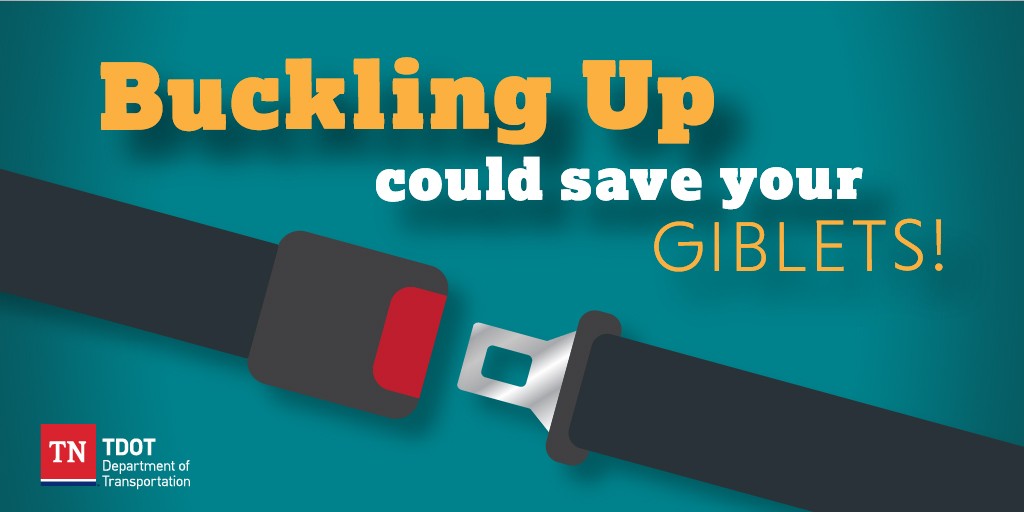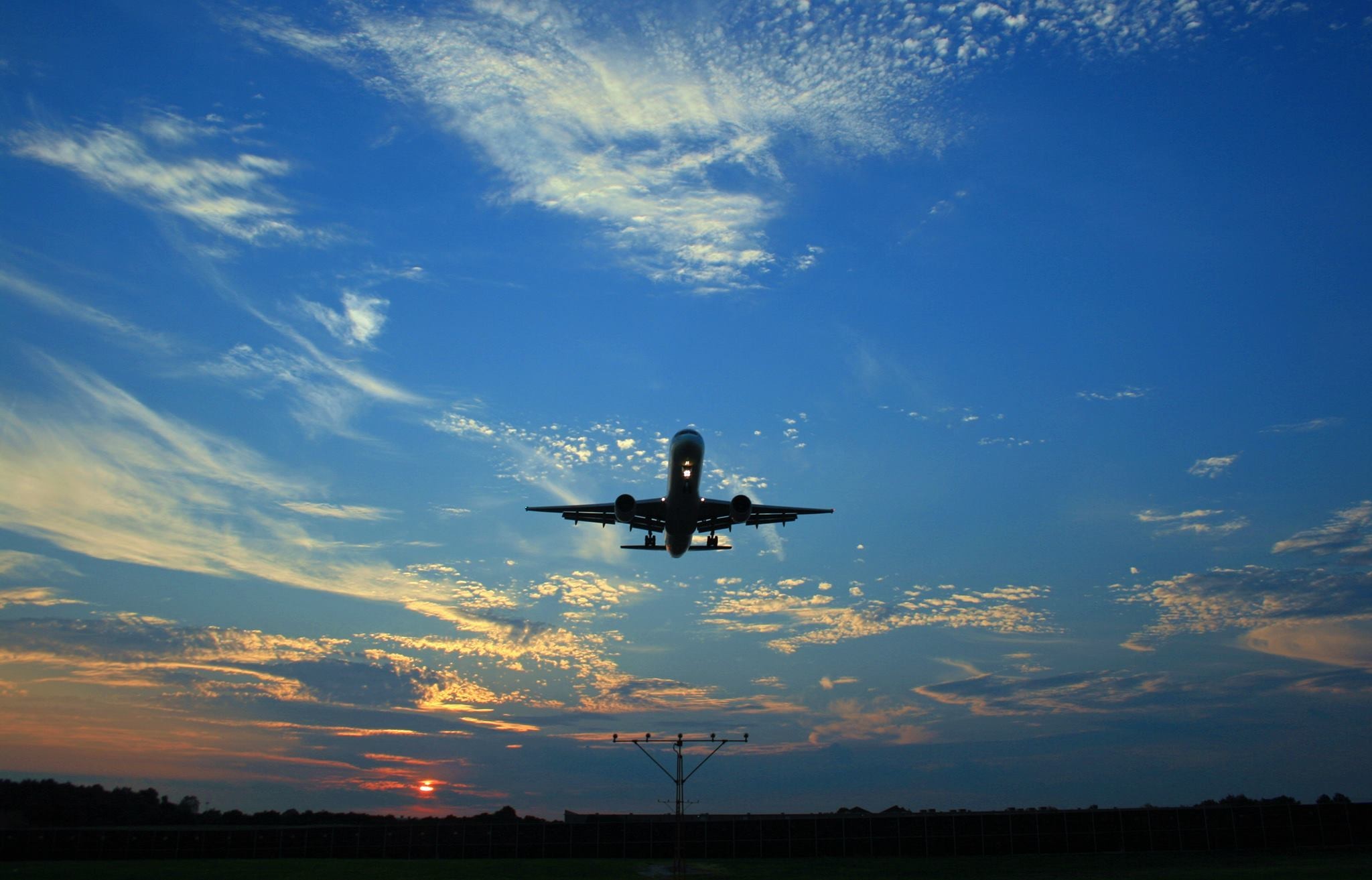 Memphis International Airport
Memphis International Airport
Memphis International Airport (MEM) is expecting more than 170,000 passengers during the Thanksgiving holiday travel season, a figure up 5 percent over last year.
The airport’s travel season began on Friday, November 22nd with nearly 9,990 passengers. Officials expect Thanksgiving travelers will continue to stream through MEM until Monday, December 2nd. With most aircraft expected to be close to 100 percent capacity, MEM is expecting this will be the busiest Thanksgiving travel period since 2007.
Expected peak days (passengers):
Friday, November 22 (9,900)
Wednesday, November 27 (9,400)
Sunday, December 1 (11,300)
Other busy days will include:
Saturday, November 30 (8,500)
Monday, December 2 (8,900)
Airport officials said the early morning hours between 4 a.m. And 7 a.m. will have the heaviest traffic but the airport will be busy all day. Airlines, airport vendors, and Transportation Security Adminstration will adjust their staffing and schedules to accommodate the increased traffic.
 Memphis International Airport
Memphis International Airport
Travel insurance company InsureMyTrip ranked the 75 biggest airports in America from least stressful (#1: Honolulu’s Daniel K Inouye International) to the most stressful (#75 Chicago Midway International). MEM ranked 53rd overall between Kansas City International and San Francisco International.
AAA predicts air travel will increase 4.6 percent over last year with with 4.45 million Americans expected to fly. About 40,000 Tennesseans are expect to fly this Thanksgiving, according to AAA, an increase of 3.8 percent over last year.
AAA’s flight booking data from the last three years shows that flying the Monday before the Thanksgiving travel rush has the lowest average ticket price ($486) prior to the holiday and is a lighter travel day than later in the week. Travelers can also save by traveling on Thanksgiving Day, which has the week’s lowest average price per ticket ($454).
Here are some tips from MEM for Thanksgiving passengers:
Arrive early
MEM is recommending that travelers arrive at the airport at least two hours before their departure time to ensure that they have plenty of time to park, check luggage and go through the security checkpoint.
[pullquote-1] Passengers should check frequently with their airlines to monitor schedule changes. Airlines handle all aspects of ticketing, baggage and scheduling.
Know what you can cannot bring through security
In order to expedite security screening time, passengers should double-check carry-on bags and review the Transportation Security Administration’s (TSA’s) list of prohibited items.
 Memphis International Airport
Memphis International Airport
A TSA display of some of the items seized by airport security (2017).
Parking
MEM’s economy, long-term and short-term parking areas may periodically reach capacity during the week.
Additional signage will be added, and additional parking staff will help direct drivers to available parking spots.
MEM is prepared to activate two overflow parking areas should the existing garages reach capacity. See the attached map for the locations of the yellow and blue overflow lots.
For convenience, passengers parking in the overflow lots are encouraged to drop off other passengers and luggage at the curb before parking.
Drivers who are waiting to pick up arriving passengers can save time by utilizing one of the more than 200 spaces in the airport’s cell phone lot, which is equipped with a flight information board and free Wi-Fi.
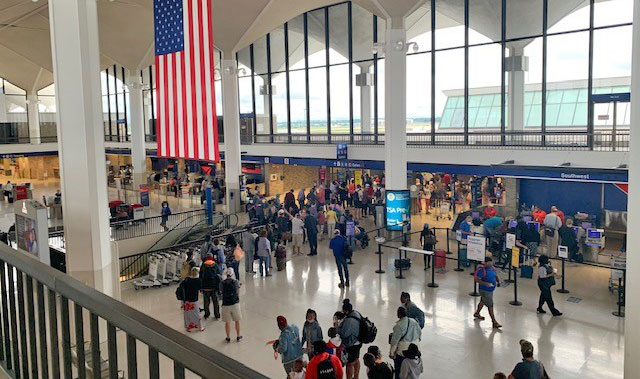
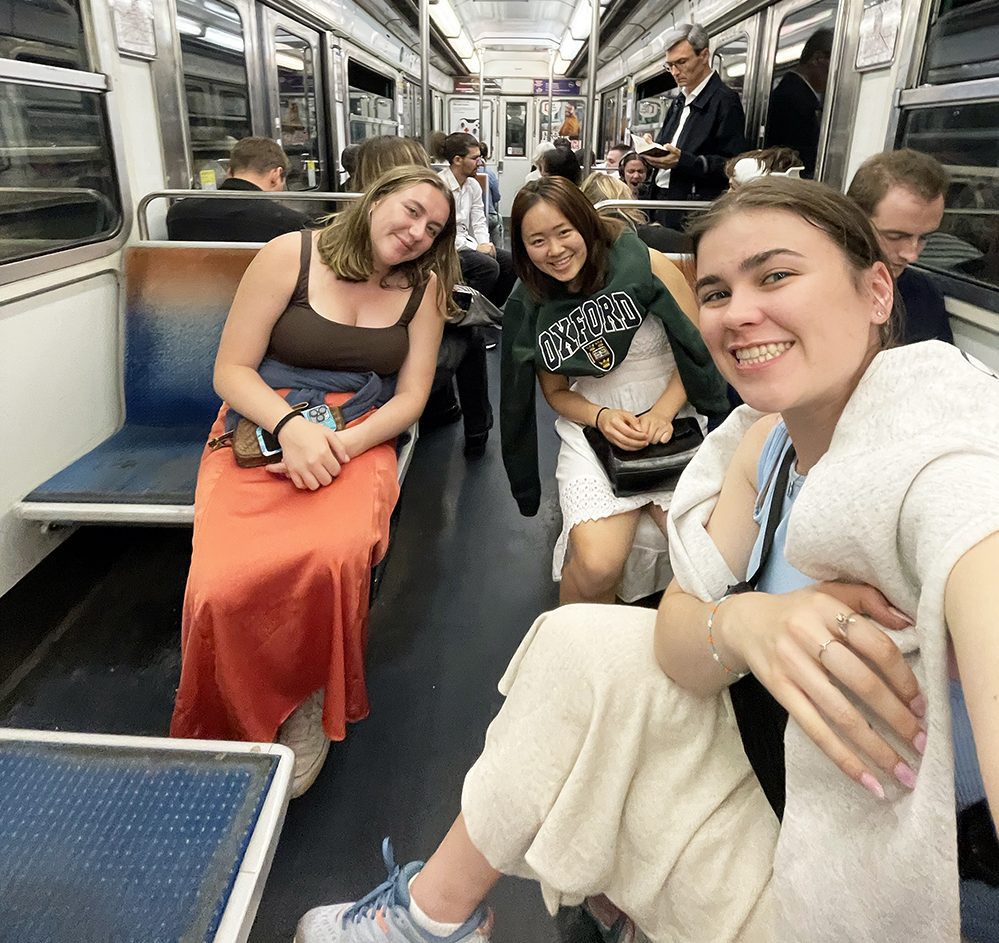



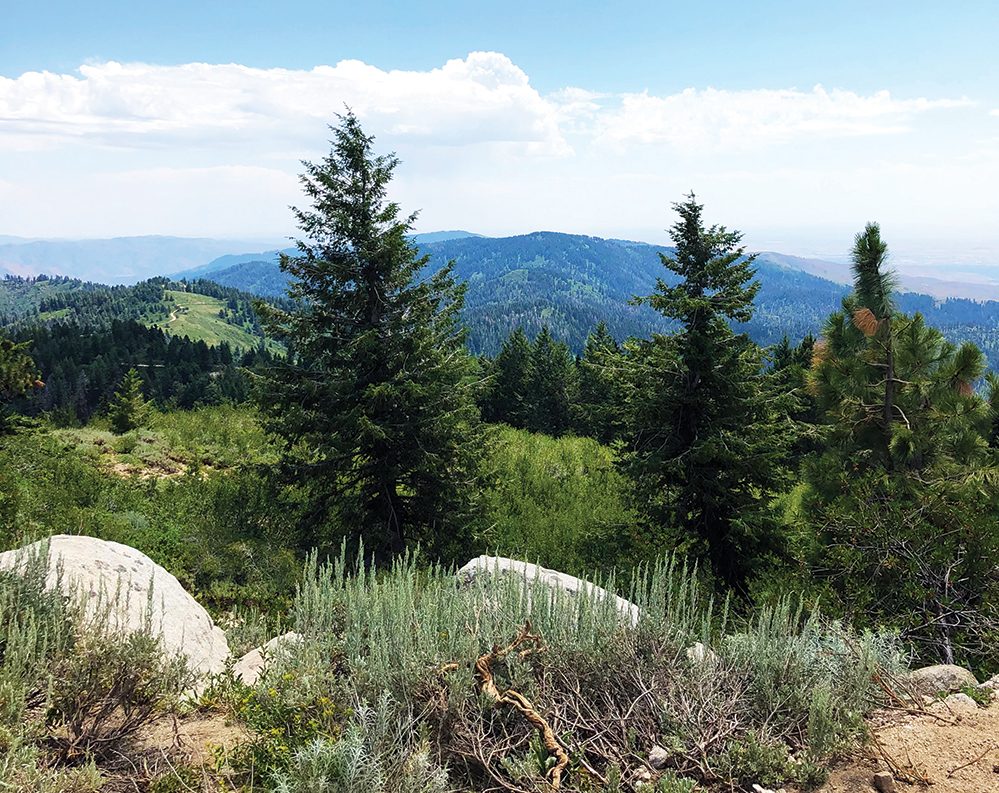
 Vanderbilt University
Vanderbilt University 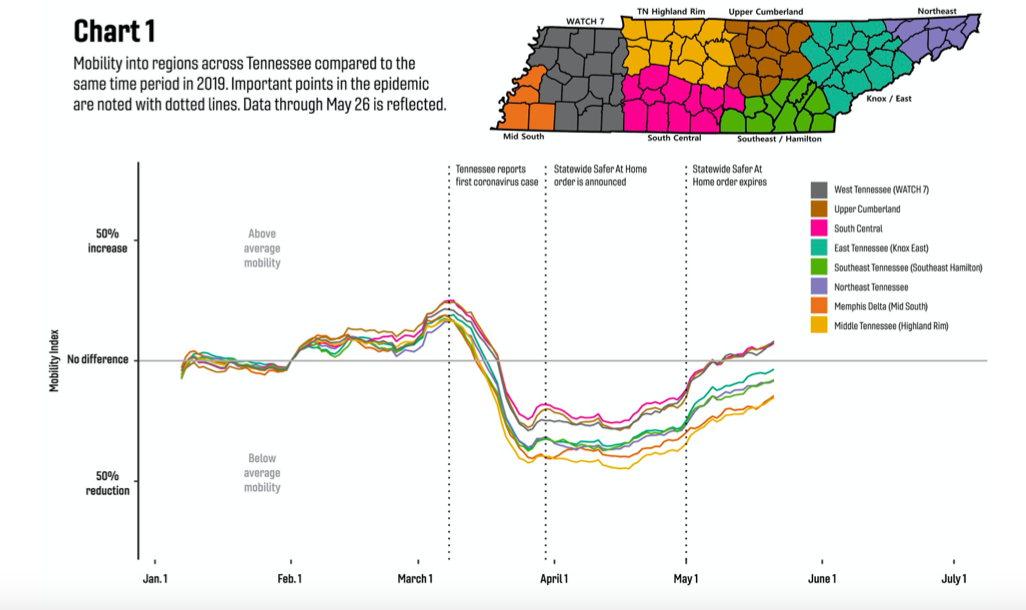 Vanderbilt University
Vanderbilt University 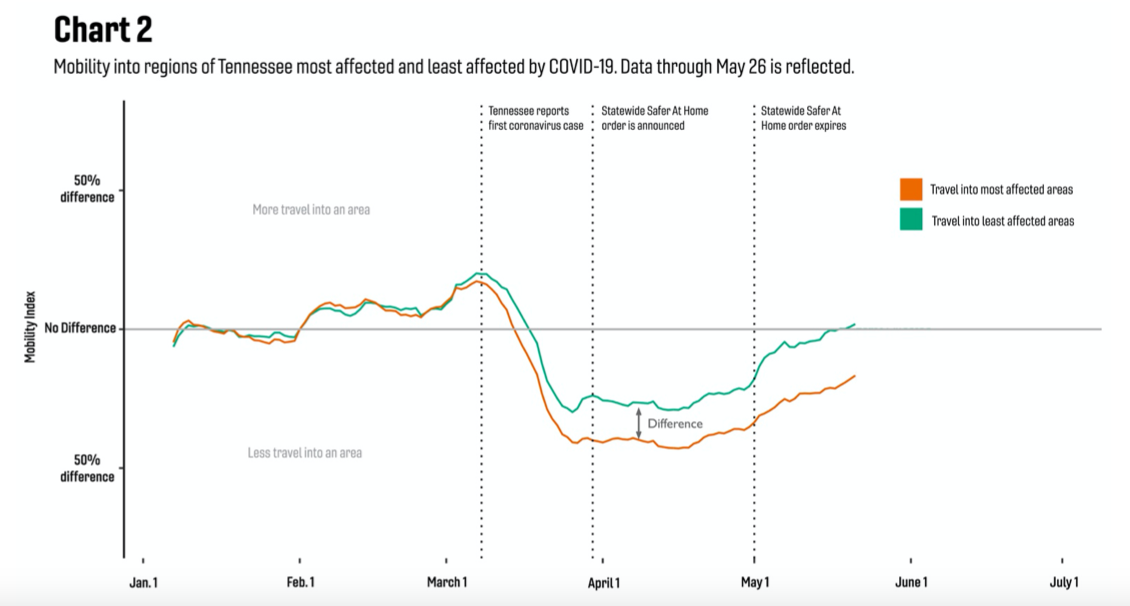 Vanderbilt University
Vanderbilt University  Vanderbilt University
Vanderbilt University 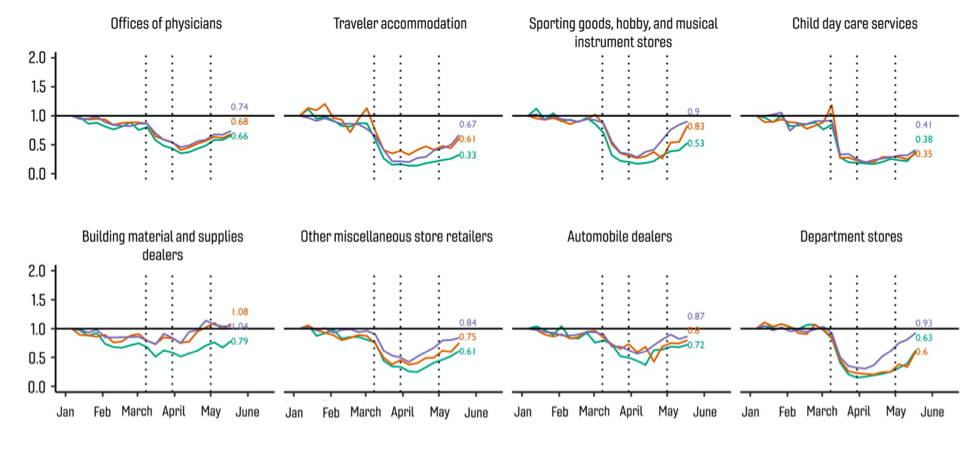 Vanderbilt University
Vanderbilt University 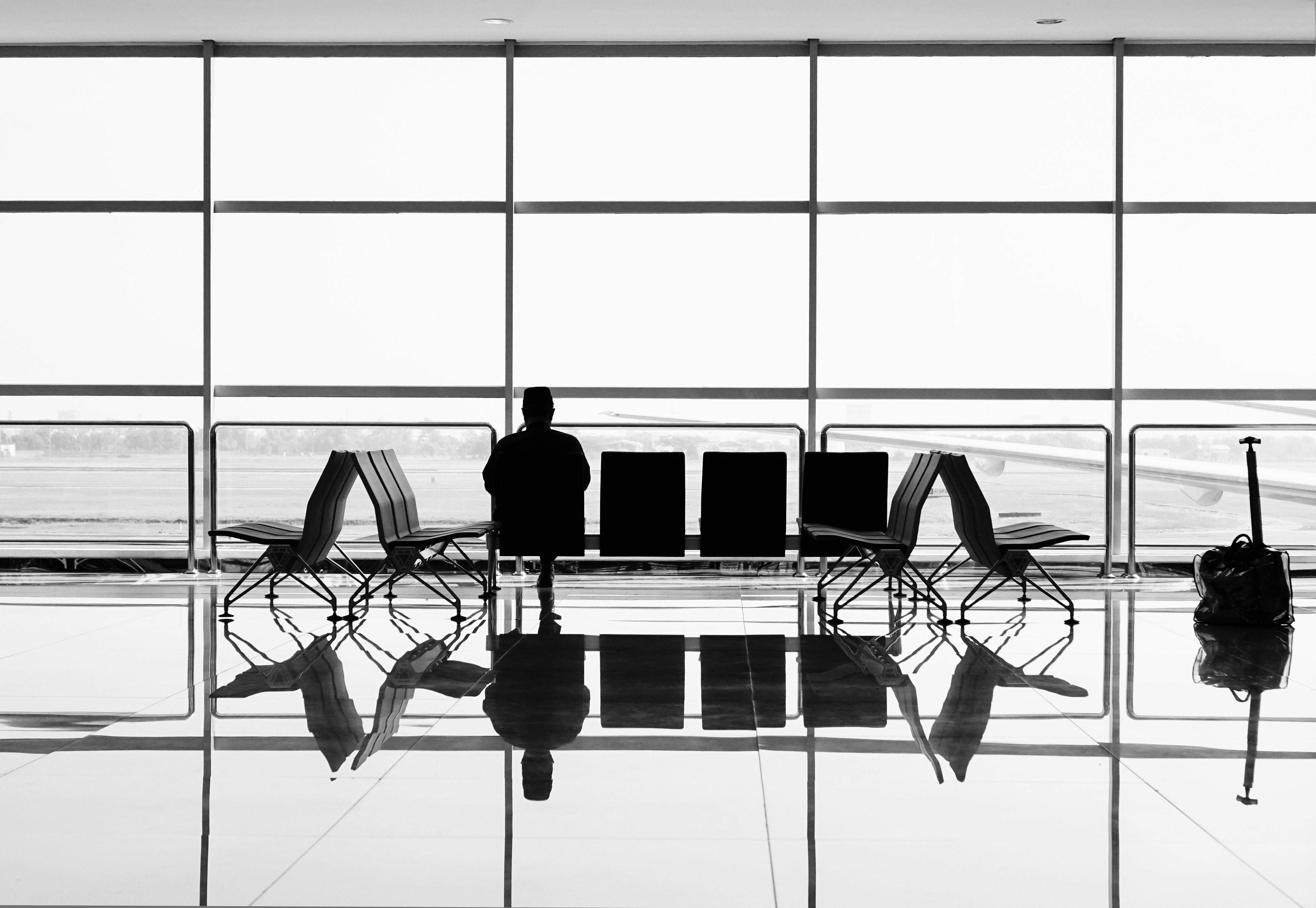

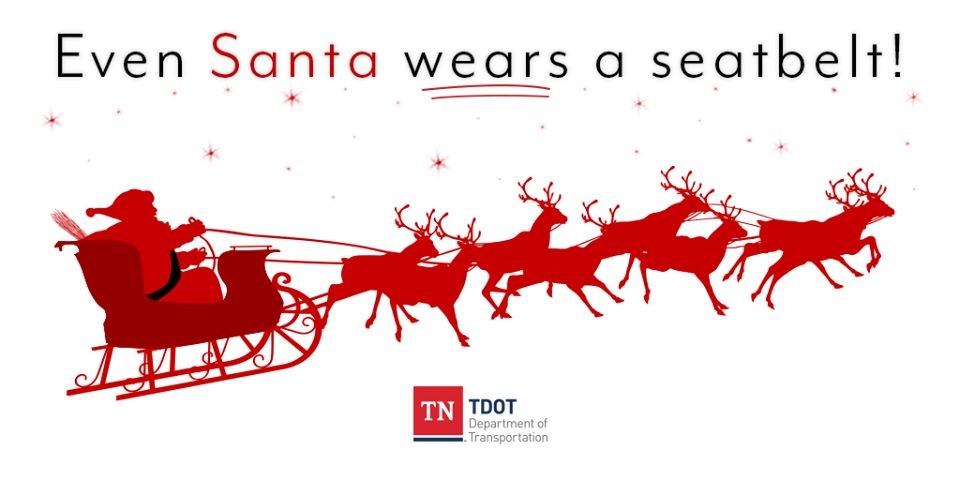 TDOT
TDOT  Memphis International Airport
Memphis International Airport  Memphis International Airport
Memphis International Airport  Memphis International Airport
Memphis International Airport  TDOT
TDOT  AAA
AAA 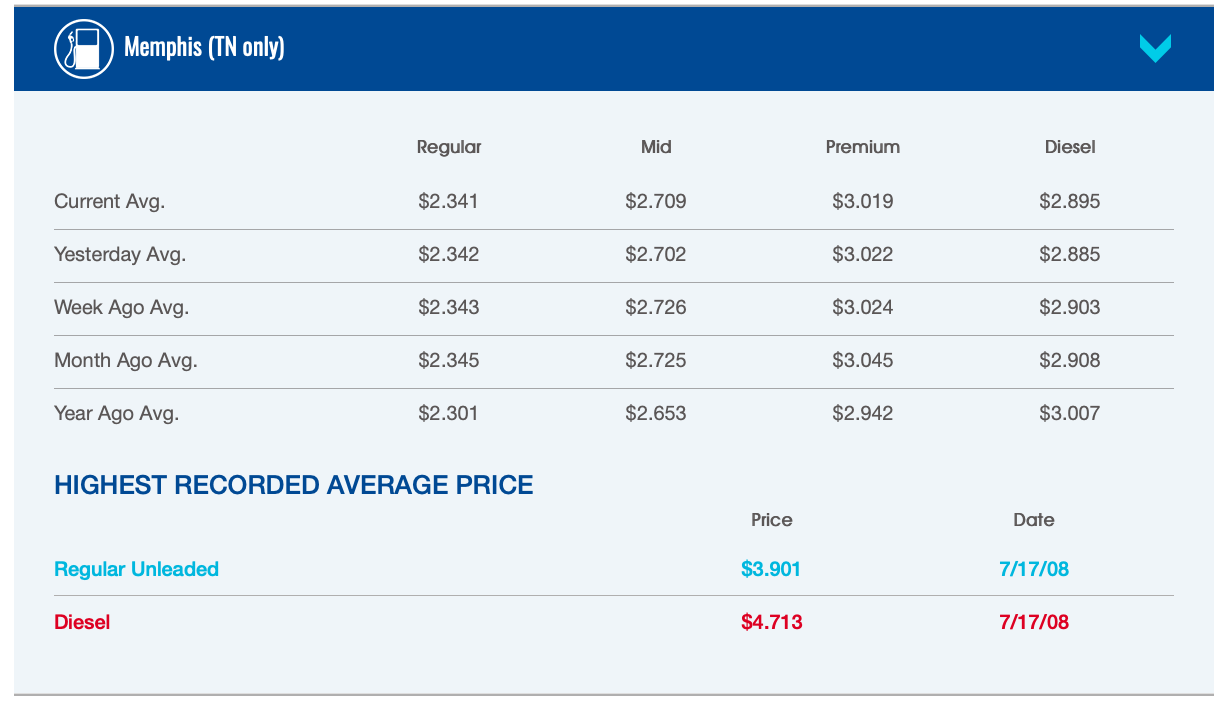 AAA
AAA 